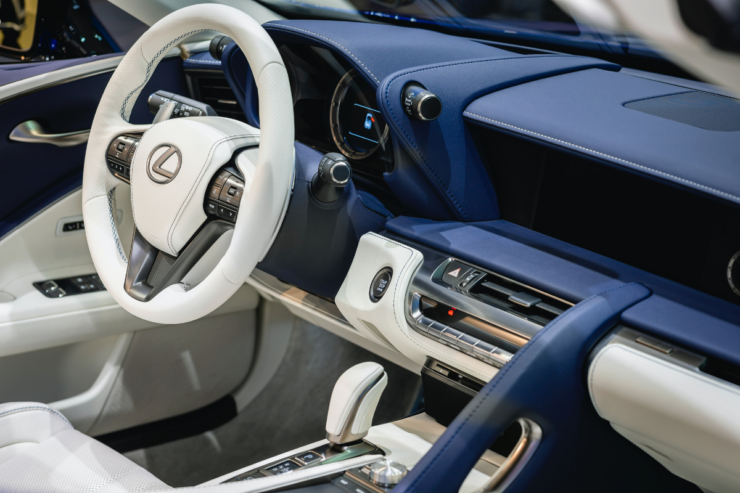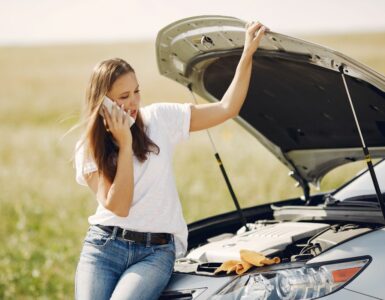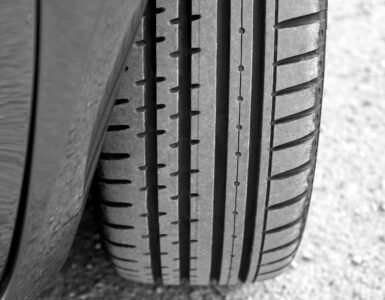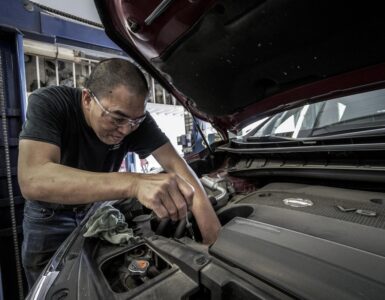Your car’s check engine light is one of those things that you hope never comes on, but chances are the engine light will come on at some point. If this happens, don’t panic. You can do things to get your car back up and running. Here, we’ll explain what a check engine light means and what you can do when it comes on.
What Is The Car Check Engine Light?
The check engine light is an important light on your car’s dashboard. It switches on when your car detects an engine or emission control system issue. When the light comes on, it’s essential not to ignore it. You need to get a qualified technician to check the car as soon as possible to avoid more serious problems down the road.
What Can Cause The Car Check Engine Light To Turn On?
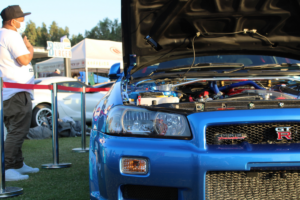 The car check engine light can come on for different reasons, some of which are serious and require immediate attention. Common causes of car check engine light turning on include
The car check engine light can come on for different reasons, some of which are serious and require immediate attention. Common causes of car check engine light turning on include
Engine problems
Engine problems such as ignition coil issues, fuel injectors, or compression issues can cause the check engine light to turn on. In this case, simply replacing a damaged component can solve the problem. However, more serious engine damage may require engine replacement.
Transmission problems
Transmission issue is another common cause of check engine light turning on. Wear and tear, leaks, and sensor issues can cause transmission problems. Fortunately, you can solve transmission problems with a simple repair or adjustment. In other cases, the transmission may need to be completely replaced.
Air/fuel delivery problems
Air/fuel delivery problems can cause your check engine light to turn on. Several things can cause this, including a faulty oxygen sensor, a dirty air filter, or a problem with the fuel injectors. If the car check engine light turns on due to an air/fuel delivery issue, it is vital to have a qualified mechanic check the vehicle as soon as possible to diagnose and fix the problem.
Ignition system problems
The ignition system consists of the starter, battery, and spark plugs. If any of these components are not working correctly, it can cause the car check engine light to turn on. You may need to replace the car battery if it can’t hold enough charge. You may need to replace the starter if it is not turning the engine over properly. You may need to replace the car spark plugs if they are damaged. If you are having problems with your ignition system, it is crucial to have it checked out.
Is It Safe To Drive With The Car Check Engine Light On?
As any car owner knows, the check engine light is one of the most critical indicators of a vehicle’s health. When this check engine light comes on, it means there is a problem with the engine, and ignoring the light can lead to further damage and expensive repairs.
However, many people continue to drive their cars around even when the check engine light is on. While you can do this safely, it is generally not advisable. If the problem is with the engine, continuing to drive can lead to more damage. In addition, if other warning lights, such as the oil pressure light, accompany the check engine light, it is best to pull over and seek help.
Running the engine without oil pressure can cause damage and even engine failure. As a result, it is generally not worth the risk to continue driving when the check engine light is on. It is always best to have a qualified mechanic check the car.
What Should You Do When Your Car Check Engine Light Comes On
The car check engine light can indicate different problems. Try to identify these problems. If you have an older car, the check engine light may mean it’s time for routine maintenance, such as an oil change or spark plug replacement. However, if you have a newer car with onboard diagnostics, the check engine light may be able to give you information about the problem. Schedule an appointment with a reputable mechanic who is certified by the National Institute for Automotive Service Excellence (ASE) if your check engine light comes on.
In Summary
When your car’s check engine light comes on, the best thing to do is take it seriously and get the car checked out as soon as possible. As we said earlier, ignoring the problem can lead to more expensive repairs. We hope this article has been helpful.

